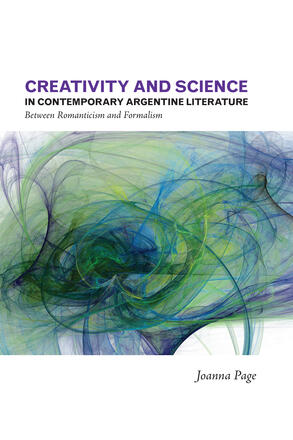
Creativity and Science in Contemporary Argentine Literature
Between Romanticism and Formalism
Description
With a burgeoning academic interest in Latin American science fiction and cyberfiction and in representations of science and technology in Latin American literature and cinema, this book adds new understanding to the growing body of interdisciplinary work on the relationship between literature and science in postmodern culture.
Joanna Page examines how contemporary fiction and literary theory in Argentina consistently employ theories and models from mathematics and science to probe the nature of innovation and evolution in literature. Theories of incompleteness, uncertainty, and chaos are often mobilized in European and North American literary and philosophical texts as metaphors for the inadequacy of our epistemological tools to probe the world’s complexity. However, in recent Argentine fiction, these generalizations are put to very different uses: to map out the potential for artistic creativity and regeneration in times of crisis. Page focuses on texts by contemporary Argentine writers Ricardo Piglia, Guillermo Marti´nez and Marcelo Cohen, which draw on theories of formal systems, chaos, emergence, and complexity to counter proclamations of the end of philosophy or the exhaustion of literature in the postmodern era.
This book makes a significant contribution to our understanding of how newness and creativity have been theorized, tracing often unexpected relationships between thinkers such as Nietzsche, Deleuze, and the Russian Formalists. It is also the first time that a major study in English has been published on the work of Martínez, Piglia, or Cohen.
Reviews
It is commendable that Page has taken on a multidisciplinary approach to seek alternatives to think anew creativity's potential beyond the postmodern . . . a welcome engagement with the debates keeping the humanities and sciences apart.
—Juan G. Ramos, MLN
An immensely stimulating and insightful analysis of complex and multi-faceted literary works.
—Hugh Hazelton, University of Toronto Quarterly
Stimulating . . . an important theoretical reflection on the relationship between science and literature
—Eduoardo Balletta, Journal of Latin American Studies